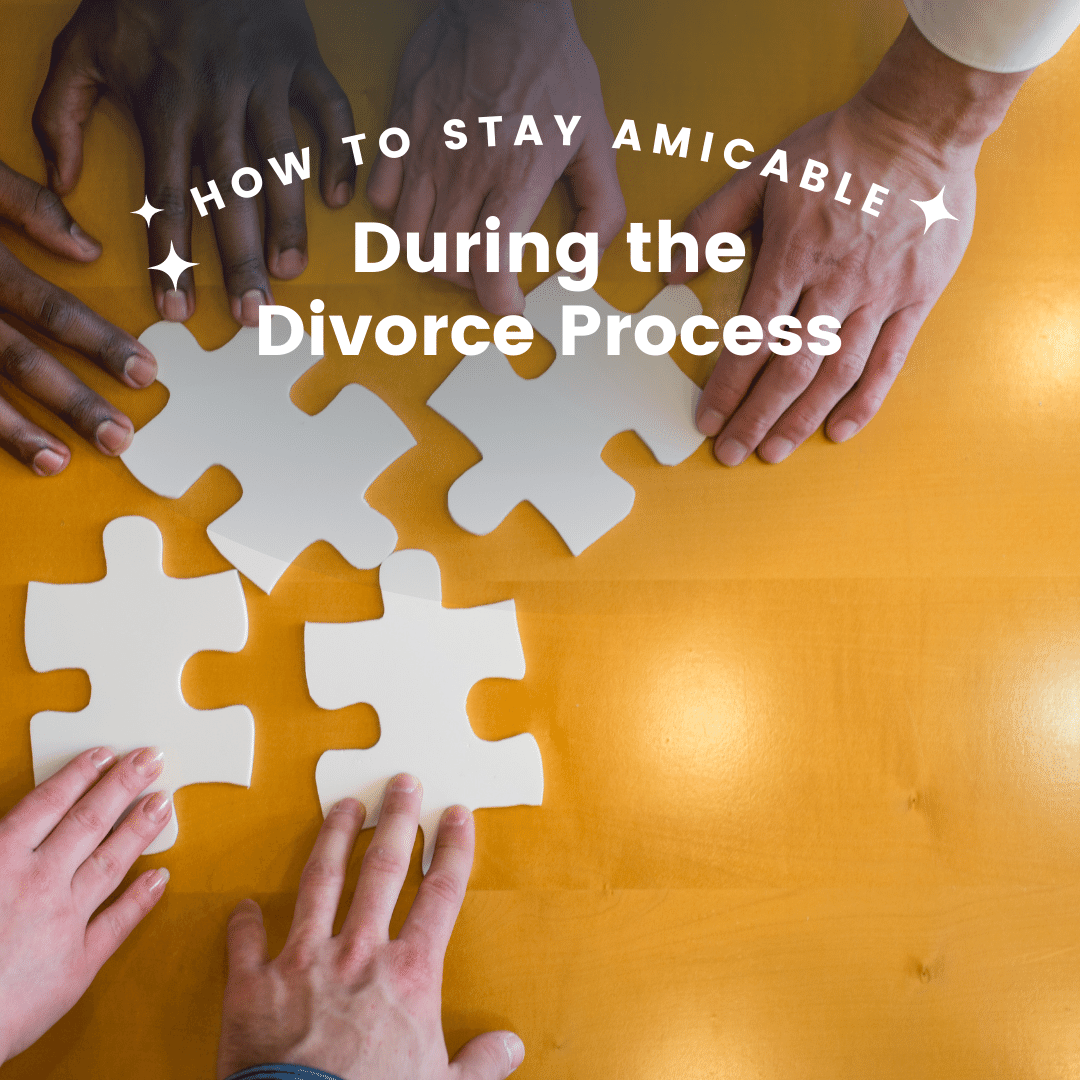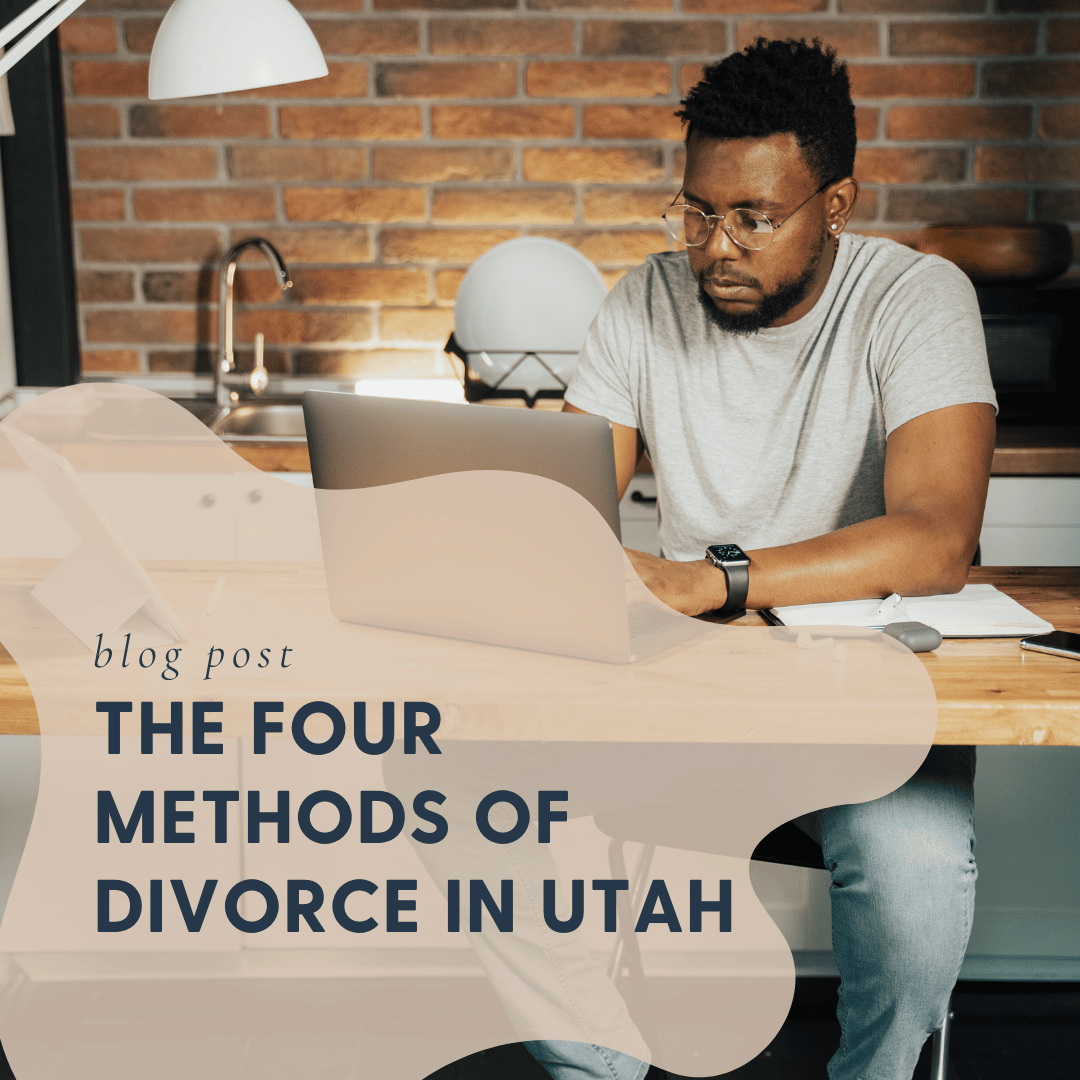|
Divorce can be a challenging and emotionally charged experience. Emotions can be overwhelming, clouding your judgment and invoking fight, flight, or freeze responses, which can interfere with your ability to think clearly and rationally. These conditions are less than ideal for making important decisions about your divorce. So it makes sense to use a divorce method that minimizes conflict and creates a more amicable atmosphere, whenever possible. Is this even possible? (Yes, it is.) It all begins with finding the right method of divorce for you. (↓)
|
Jennifer L. Neeley
Jennifer has helped thousands of people get divorced without fighting in court. Cheap Divorce 💲Archives
February 2024
Categories
All
|
© 2024 Utah Divorce Coaching & Consulting, LLC. All rights reserved. | Privacy Policy. | Disclaimer. | Terms and Conditions.













